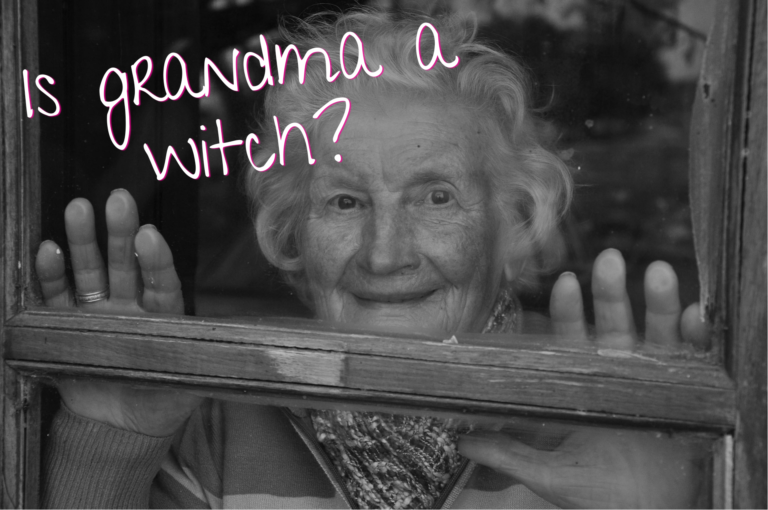
“My abuelita thought I was possessed,” one of the students in my 9th/10th grade English class declared. “She used to crack eggs on my head while saying prayers in Spanish. At least, I think that’s what she was doing.”
I looked up from the stack of papers I was grading and said, “I know what that is.”
At least, part of it.
As a fantasy author, I’ve been doing research on brujeria, Mexican witchcraft, and in one of the books I was reading, eggs have a number of powerful cleansing practices. So I said to my student, “Yes, that’s exactly what she was doing.”
But the process my student went on to explain seemed a bit different than what I’d read about, which got me thinking…
How many daily practices do we have that relate to folkloric traditions?
And just because my student’s abuela performed an element of witchcraft, does it make her a witch, a bruja or was this just a practice passed down from family to family? And if so, how many other families practice traditional rituals today?
In doing research for my urban fantasy series Blood Lords, I hadn’t really run across younger generations talking about their cultural practices and right before me I had a student who wasn’t sure about what her grandmother was up to.
And then it hit me.
I’ve been writing a character in Blood Lords who is an “empty vessel.” This character, Emily, thinks she knows who she is, but has always felt like a part of her is missing. While she thought her mother’s approval might fill the hole, as the story goes along, she begins to realize there’s more to her than she could ever have imagined.
***SPOILER ALERT***
What Emily doesn’t realize, is that even with the new identity she’s forming, it’s not going to fill the void within her.
This is where my eyes began to open to the notion that Emily and I have a lot in common.
Emily is a second-generation Mexican-American who doesn’t speak Spanish or have any real connection to her ancestral cultural heritage. And I’m a third-generation Mexican-American who doesn’t speak Spanish and has had very little connection or exposure to my ancestral cultural heritage beyond few details and practices here or there. So I started to do research for both Blood Lords and myself to learn about the rich, beautiful culture from which both Emily and I are descendants. And what I accidentally discovered, is that there are a lot of us, descendants from various cultures around the world, who are disconnected through our families’ assimilations into American life.
Now, there’s no judgment here, just a hope and desire to inspire others to reconnect to the practices and traditions of our ancestors while I pursue my own.
In this blog, we’re going to be exploring legends and lore our families practice and share to see what the stories are, what they teach us, and how these tales still influence us today.
Like why do our or tias (aunties) give us black-fisted charms or why did our nanas make us drink basil leaf tea?
And in our first official post, we’re starting with defining what it means to be a bruja.
I was first really introduced to the idea of brujeria in Mexican Sorcery: A Practical Guide to Brujeria De Rancho by Laura Davila, Daphne la hechicera. (I will absolutely do an entire post about this book, so stay tuned for that!) One of my biggest takeaways was that bruja practices and traditions in general don’t need specific items or expensive elements to make them work; it’s about practicality and using whatever is at hand and there’s something pretty special about that, a theme we’re going to see arise time and time again throughout these posts, so keep that in mind if you’re taking notes on these tales.
If any of these are something you’re interested in replicating in your own home, typically speaking, you don’t have to use the exact same items. Use what you have and whatever calls to you. And maybe you can start a new tradition too!
Now, is there scientific evidence behind any of these practices proving their efficiencies at solving whatever problem is at hand, probably not, but as Karl Popper theorized, in order for something to be true science, it must be able to be disproved.
Sure, these tales are anecdotal from my family and those of my friends, but that’s what’s family legends are all about. Folk traditions passed down from one generation through example to the next. And it’s up to us to continue these practices so to honor our ancestors and to guide the next generations.
Does any of this resonate with you? Let me know in the comments below and thank you for following! See you in the next post!

